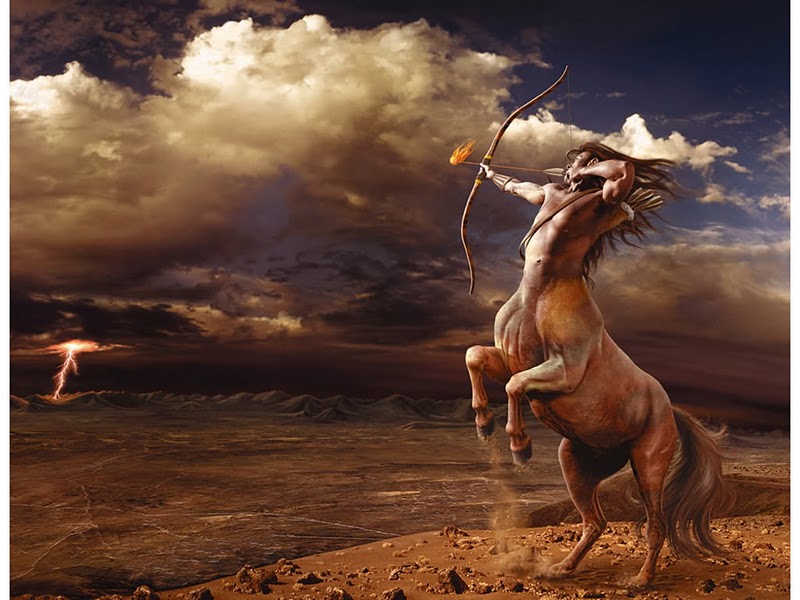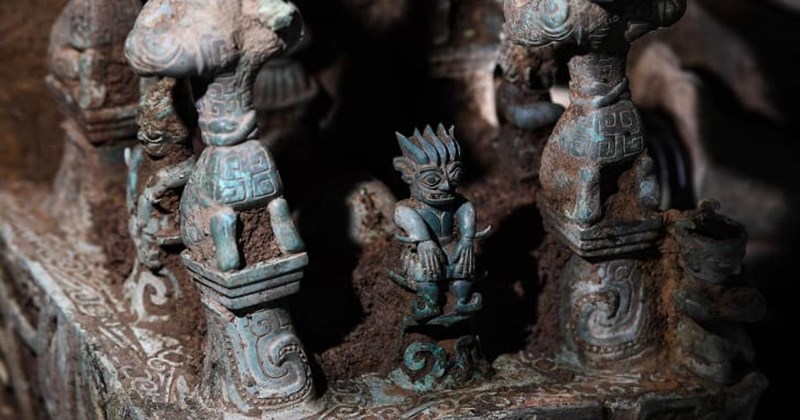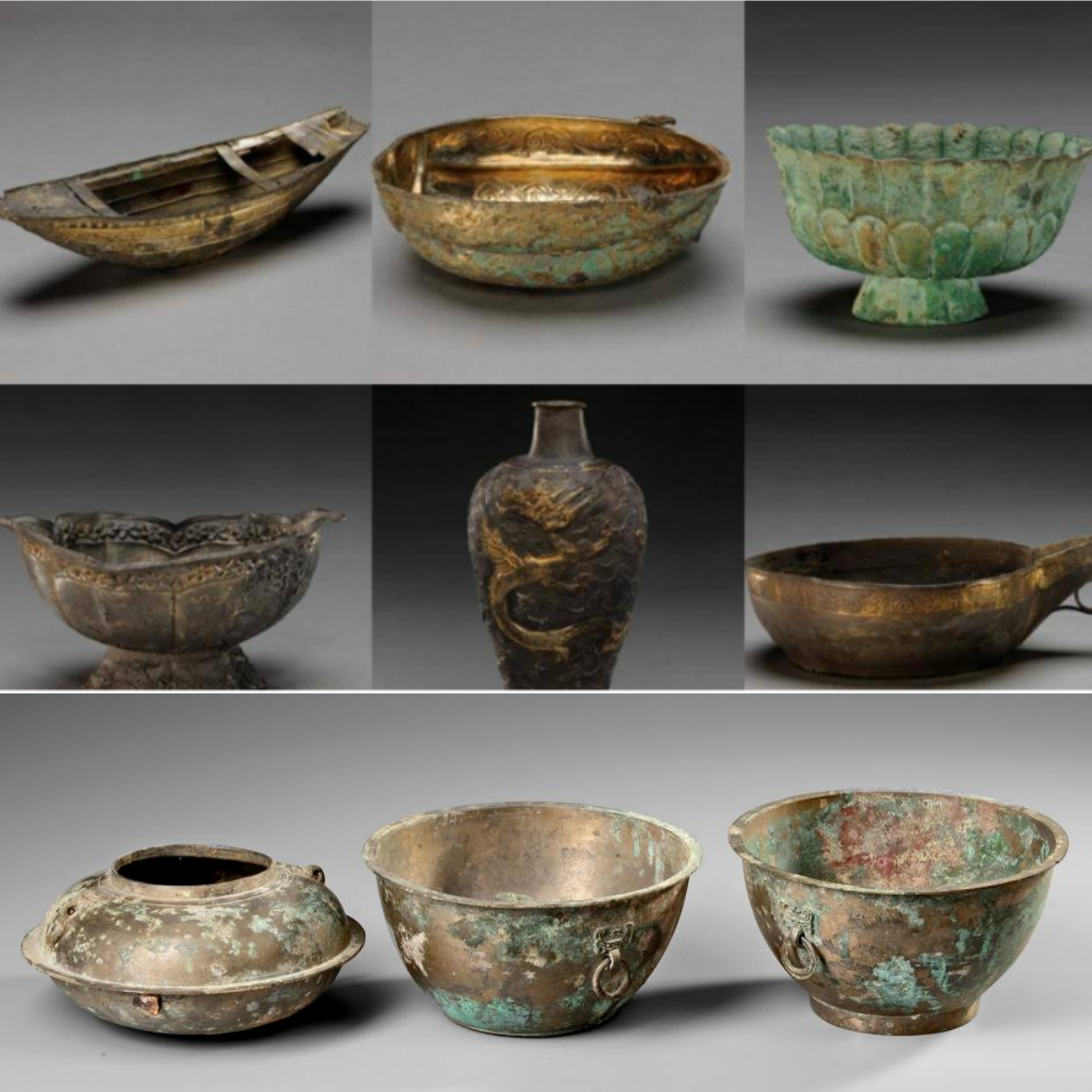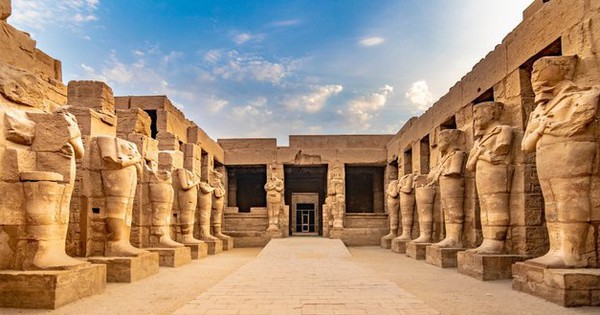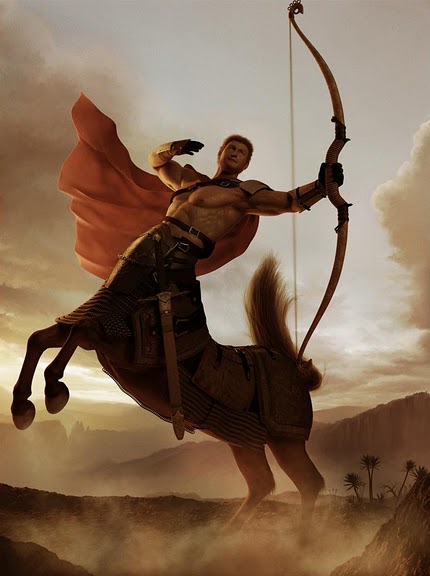
The Mysterious Anatomy of the Centaur Revealed: The Combination of Half Human and Half Horse Leaves Everyone Amazed
For centuries, the mythical creature known as the centaur has captivated the imaginations of people across the world. A fusion of human and equine features, the centaur has long been the subject of fascination, speculation, and scientific curiosity. Now, groundbreaking research has finally shed light on the remarkable anatomy of this legendary being, leaving both experts and the general public in a state of awe.
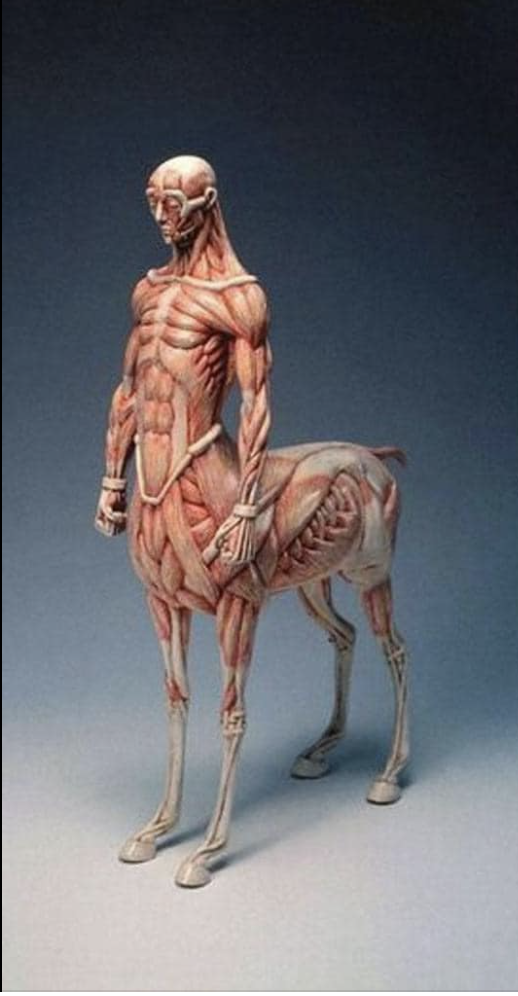
The Intricate Fusion of Man and Horse Through a meticulous study of ancient artifacts, detailed illustrations, and the latest advancements in medical imaging technology, researchers have unveiled the intricate physiological mechanisms that enable the centaur to exist as a seamless combination of human and horse. The findings reveal a remarkable integration of the two distinct forms, defying conventional biological expectations and challenging our understanding of the boundaries between different species.
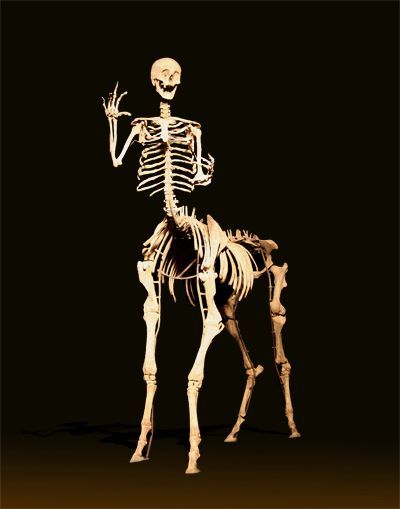
Dual Respiratory and Circulatory Systems One of the most remarkable discoveries is the centaur’s possession of two separate yet interconnected respiratory and circulatory systems. While the upper human torso and head maintain a fully functional human respiratory and cardiovascular network, the lower equine body possesses a parallel set of equine-adapted systems. This unique duality allows the centaur to draw upon the strengths of both human and equine physiology, achieving a level of stamina and adaptability that surpasses the capabilities of either species alone.
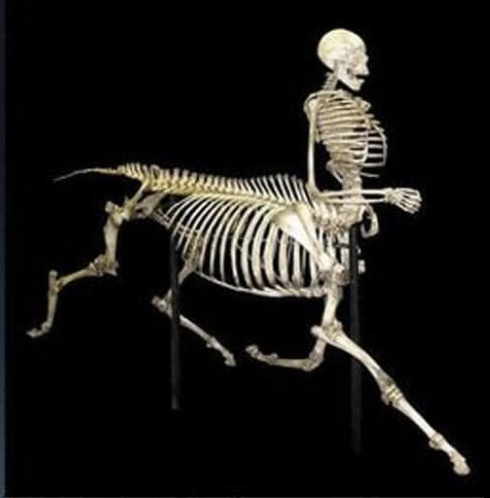
The Enigmatic Musculoskeletal Structure Equally fascinating is the centaur’s musculoskeletal structure, which seamlessly fuses the human and equine skeletal frameworks. Researchers have identified a complex system of specialized connective tissues, tendons, and ligaments that enable a smooth transition between the two distinct body plans, facilitating fluid movement and maintaining structural integrity under the immense physical demands faced by these hybrid creatures.
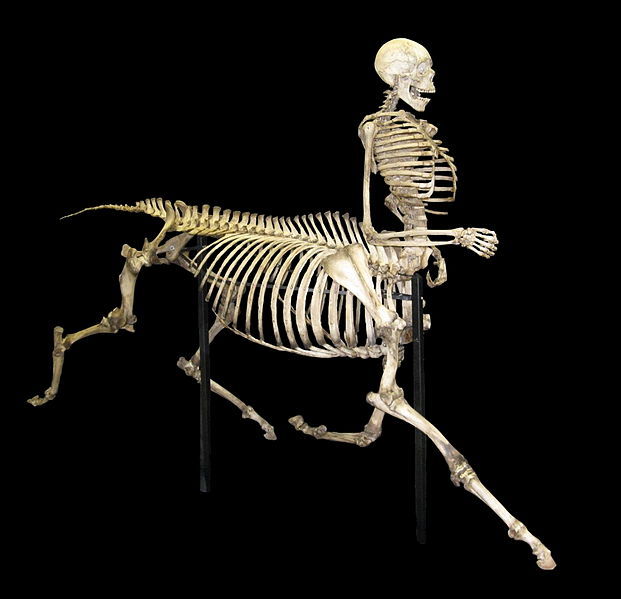
Sensory Integration and Neurological Adaptations The centaur’s sensory capabilities and neurological adaptations have also been the subject of intense study. Findings suggest that the centaur’s visual, auditory, and proprioceptive systems draw upon both human and equine neural pathways, allowing for enhanced environmental awareness and reflexive responses. Additionally, the centaur’s brain exhibits a unique integration of human and equine neurological structures, enabling a level of cognitive processing that defies simple classification.
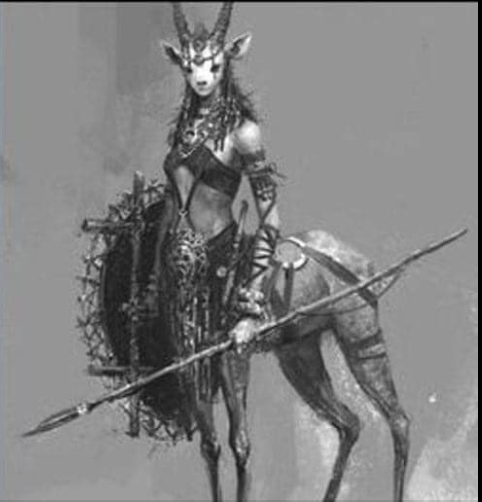
Evolutionary Implications and Unanswered Questions The revelations about the centaur’s anatomy have not only captivated the public imagination but have also raised profound questions about the nature of evolution and the potential for such hybrid creatures to exist in the natural world. While the centaur remains firmly rooted in the realm of mythology, the insights gained from this research have opened up new avenues of exploration, challenging our preconceptions about the limits of biological possibilities.
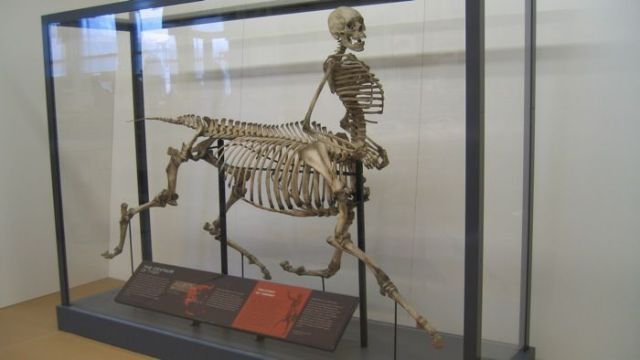
As the scientific community continues to delve deeper into the mysteries of the centaur, the world watches with bated breath, eagerly anticipating further revelations that may forever change our understanding of the fantastical and the real.
